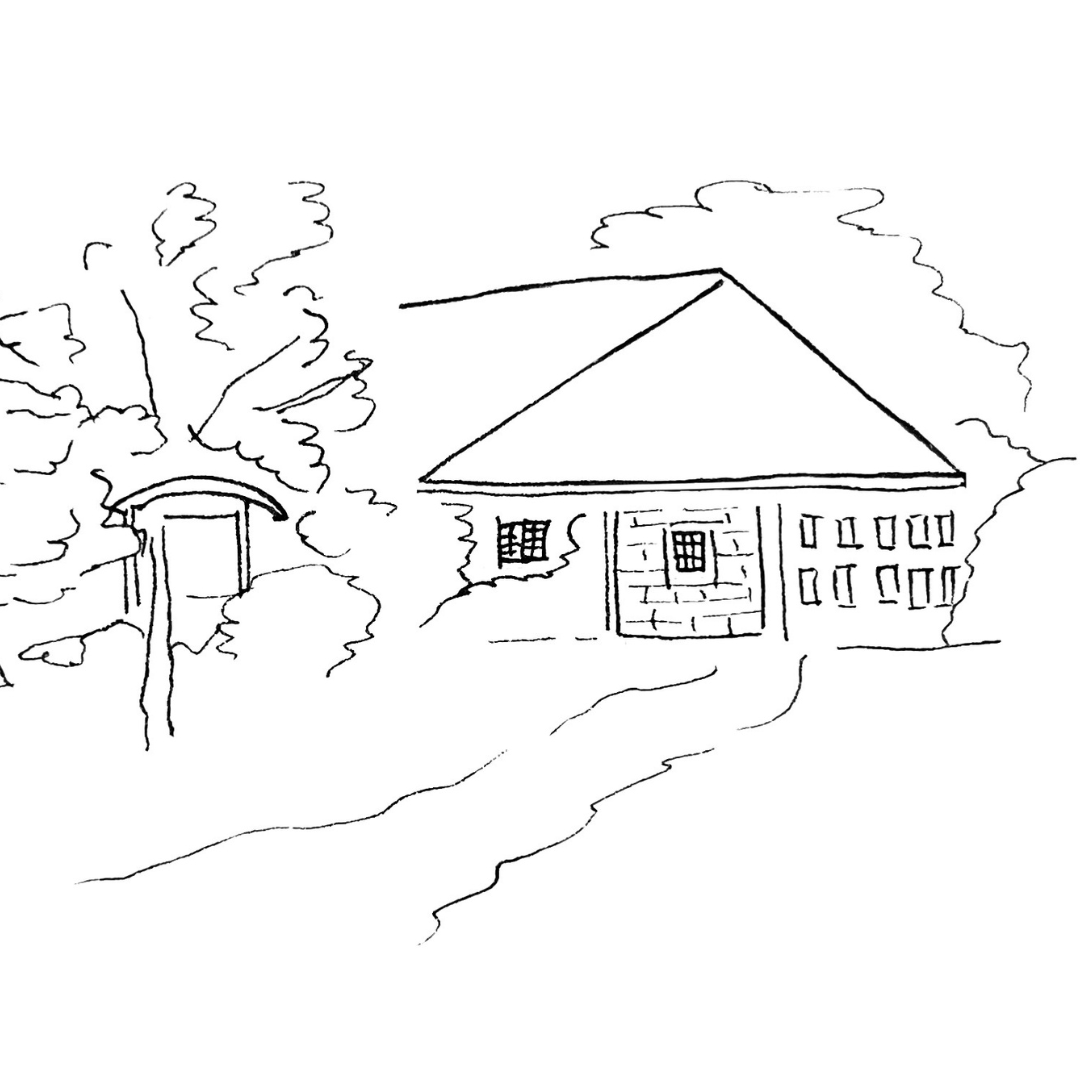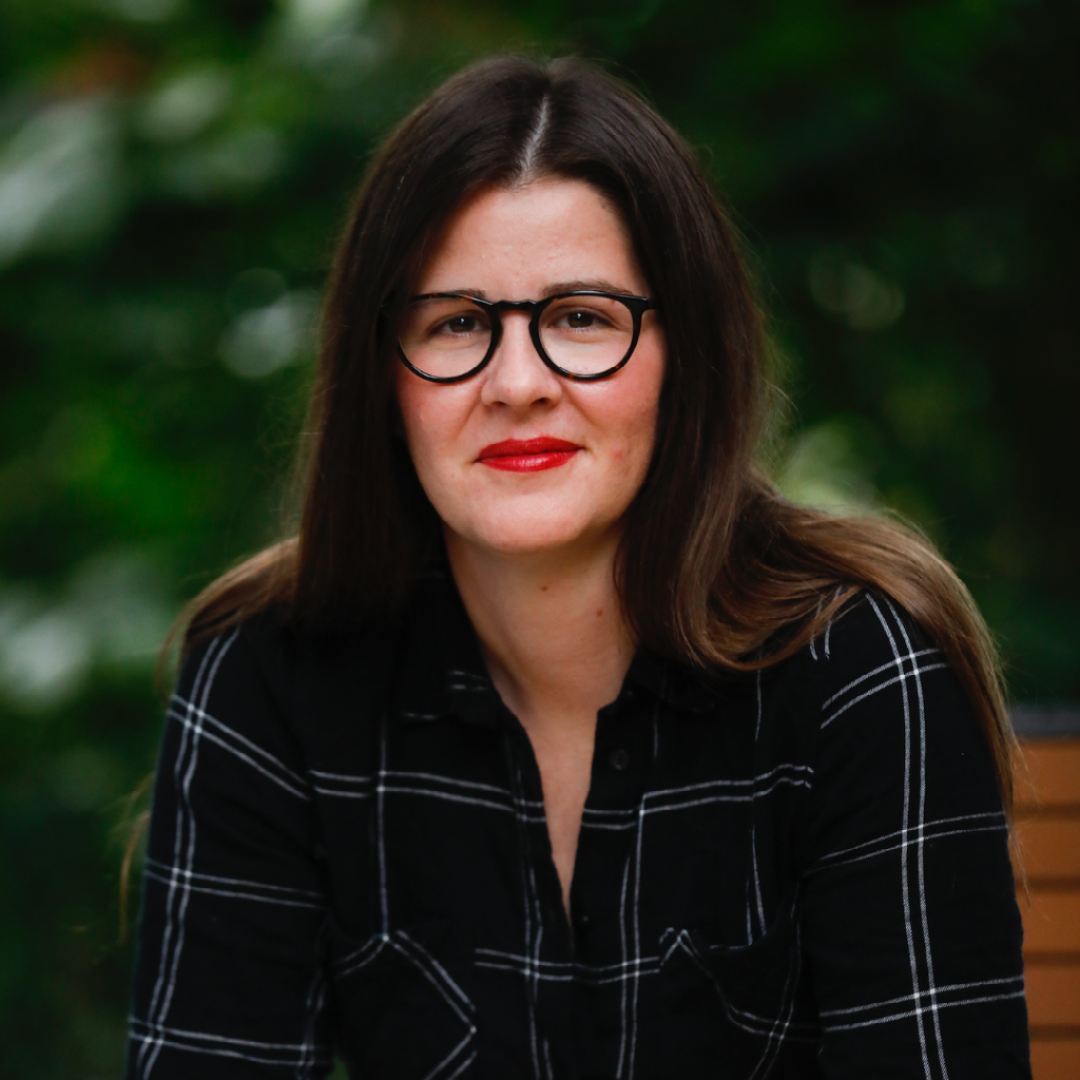by Diane Roberts | October 9, 2017
Novel Ideas
Writers have long been drawn to Florida’s swamps, beaches and cities, where a certain strangeness stokes creativity.


For some reason, people assume Florida is a no-talent wasteland of theme parks, trailer parks, strip malls and condos, a state with dubious politics and a deep distrust of eggheads. I can’t imagine where they derive this impression from. Perhaps the well-publicized daily atrocities are to blame. Hear about the Palm Beach County man who hurled a live alligator through the Wendy’s drive-through window? Or the Jacksonville gun rights advocate shot in the back by her 4-year-old child? A recent favorite of mine is the Fort Walton Beach woman who closed her eyes to pray, despite the fact that she was driving a car at the time. She ran a stop sign and crashed into a house.
Not all Floridians are the brightest ornaments on the national Christmas tree, but we are not all rubes, proprietors of meth labs, animal abusers, armed religious twits or demented millionaires. Many of us actually read books. Some of us even write them. It’s true our literacy rate ranks below Alabama and Georgia, and that a substantial percentage of Floridians firmly believe the Earth is 6,000 years old, they ain’t kin to no monkey, and NASA operates a secret camp of kidnapped children on Mars. Nevertheless, Florida is not without brilliant people, including writers.
Lots of writers, actually. Florida seems to attract writers like a roadkill possum attracts turkey buzzards: It’s messy, dirty and distinctly unsanitary, yet somehow impossible to resist. As Craig Pittman writes in Oh, Florida!, a delicious study of how the state’s weirdness shapes the nation, “We tell a lot of lies in Florida.” Lies is just another word for imaginative creation. This state is home to the likes of Bob Shacochis, Edwidge Danticat, Connie May Fowler, Jeff VanderMeer, Karen Russell, Lauren Groff, David Kirby, Irvine Welsh, James Gleick and Robert Olen Butler—authors decorated with National Book Awards, Nebula Awards, MacArthur genius grants, Guggenheims, Pulitzers and Pushcart Prizes.
And those are just the living writers. If we include the dead, or, as I should refer to them, “immortals,” the list of luminaries grows. There’s Zora Neale Hurston, the folklorist and novelist from Eatonville who gave us Their Eyes Were Watching God and its fierce heroine, Janie Crawford, who watches each day “take form with the sun and emerge from the gray dust of its making.” There’s Marjorie Kinnan Rawlings, author of The Yearling and Cross Creek; James Weldon Johnson, whose The Autobiography of an Ex-Colored Man explores the painful compromise of passing as white in the Jim Crow South; Peter Matthiessen, whose trilogy about Edgar J. Watson, including Killing Mister Watson, tells the quintessential Florida story about the rape of our natural environment in the name of greed; and Ernest Hemingway, who lived in an antebellum house on Whitehead Street in Key West in the 1930s, sharing space with his second wife, Pauline, a lot of booze and a slew of six-toed cats. And we can’t forget Harry Crews, the longtime professor of creative writing at the University of Florida and darkly funny chronicler of small-town desperation and rage. He was a drinker, a brawler and a consummate man of letters. He sported a tattoo on his arm of a quotation from an E.E. Cummings poem: “How do you like your blue-eyed boy, Mr. Death?”
The first written Florida narrative was probably Álvar Núñez Cabeza de Vaca’s Naufragios, an account of Pánfilo de Narváez’s doomed expedition in 1527. Early 16th-century conquistadors didn’t know how to pack for Florida. They brought lots of heavy armor and crucifixes, but went light on food and water. The explorers nearly starved to death while wandering through the forests of North Florida and ultimately resorted to eating their own horses. Núnez, one of the few to survive, eventually made his way to Mexico, notes intact. By the way, the “cow head” part of the author’s name comes from an ancestor who helped the Spanish king win a battle against the Moors in the 13th century—the man apparently marked a hidden route through the mountains with the head of a cow.
In 1774, the American naturalist William Bartram took off for the Florida backcountry and found himself enraptured by the state’s huge magnolia trees, egrets and gators. His Travels, published in 1791, praises Florida’s springs as “the blue ether of another world” and exalts the swamps between the Suwannee and the Atlantic coast as “a glorious apartment in the sovereign palace of the Creator.” By the 19th century, people who lived elsewhere regarded Florida as a romantic wilderness, full of alternately tragic and noble natives, kindly slaves, dashing plantation owners and whacky eccentrics. Washington Irving wrote two fictional stories about the life of Florida’s first civilian governor, William Duval, and Walt Whitman composed an ode to Osceola memorializing the death of the Seminole leader. Harriet Beecher Stowe spent winters in Florida after the Civil War and wrote about her life on the St. Johns. Jules Verne’s 1865 novel From the Earth to the Moon imagines a bunch of genius weirdos launching a manned rocket from “Tampa Town” into space.
Of course, I’m leaving out a lot of FlaLit: Robb White’s beautiful children’s novel, The Lion’s Paw; Lois Lenski’s 1945 Strawberry Girl; and John D. MacDonald’s Travis McGee mysteries, to name a few. But there’s something about Florida that’s deeply peculiar, something that impels otherwise sane people to excess. Poet Wallace Stevens, who wintered in Key West for 20 years, was moved to write “O Florida, Venereal Soil.” Even just reading it, you feel the sweat and the thick air:
Swiftly in the nights,
In the porches of Key West,
Behind the bougainvilleas,
After the guitar is asleep,
Lasciviously as the wind,
You come tormenting …
Quick, somebody turn on the air-conditioning! Maybe Florida inspires such outré writing because the place is at once attractive and atrocious, lush and corrupt. That, or the heat. Seriously, Florida literature owes much to the state’s god-awful endless summer. As Pittman writes, “With no snow to keep them cooped up indoors, Floridians and tourists are out creating mischief and mayhem all year long…And when the weather gets really hot, tempers tend to flare and people reach for any weapon, producing such headlines as ‘Man Escapes on Lawnmower from Intoxicated, Machete-Wielding Man.’”
Mischief and mayhem might be uncomfortable in daily life, but they’re meat and drink to writers. In Carl Hiaasen’s Tourist Season, the heat does more than make people irritable: “Greater Miami had more mutilation-homicides per capita than any other American city, a fact he attributed to the terrific climate. In warm weather, Allen noted, there were no outdoor elements to deter a lunatic from spending six, seven, eight hours hacking away on a victim; try that in Buffalo, and you’d freeze your ass off.”
Beyond the heat, Florida may also be fertile ground for literary talent because the place aggressively, defiantly, embraces the surreal. Florida asks you to believe that some former citrus groves around Kissimmee are a magic kingdom and that the Hogwarts School of Witchcraft and Wizardry really exists only a few miles from the Orlando airport, so why shouldn’t the Everglades be full of ghosts, as in Karen Russell’s Swamplandia? Or, for that matter, something darker: Jeff VanderMeer’s brilliant Southern Reach trilogy is partially set in Area X, a mysterious wilderness inspired by the St. Marks Wildlife Refuge. The place is a gothic landscape full of strange and frightening flora and fauna, things that glow and enigmatic messages from some unknown intelligence. VanderMeer is splendidly inventive, but Area X is getting closer to reality. Florida is the poster peninsula for environmental crimes and the perils of ignoring climate change. We’ve got salt water seeping into our aquifer, weekly floods down south, barrier islands shrinking, and lakes and rivers turning green with toxic algae. How long before nature bites back hard? Literary types turn the “lies” we Floridians tell into a warning, a larger truth. Pity people in this state don’t read more.





